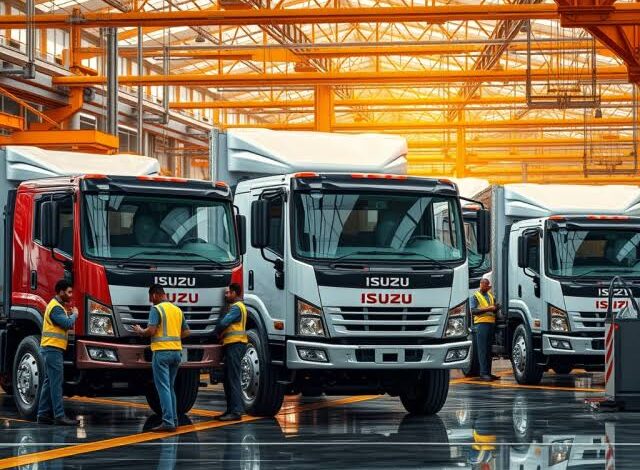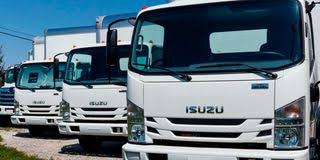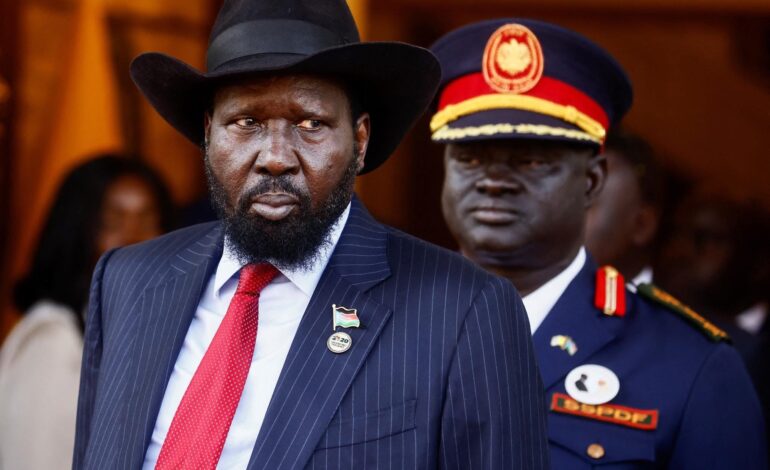
Faith Nyasuguta
Isuzu Motors South Africa is making bold moves to position itself as the hub for truck manufacturing across Africa, aiming to strengthen production capacity and increase the use of locally sourced components. The company believes South Africa, despite the challenges facing its auto industry, has the potential to become the beating heart of truck production for the continent.
Billy Tom, President and CEO of Isuzu Motors South Africa, revealed that discussions with Japan are ongoing about shifting more commercial truck production to the country. This step, he noted, could transform South Africa into a strategic base for Isuzu’s operations in Africa. While the company still imports some truck bodies from China and the Middle East, it has already conducted successful trials of building them locally, showing promise for deeper industrial growth.
The focus is not just on domestic sales but also on the broader African market. Isuzu currently exports pickups to more than 30 countries and sees West Africa as a prime starting point for scaling up truck exports. Tom said the company’s ultimate goal is to increase production localisation to 45%, up significantly from 15% six years ago and 22-23% today.

This ambition arrives at a time when South Africa’s automotive sector faces stiff competition and serious setbacks. The local industry, which is home to seven major manufacturers including Volkswagen, Toyota, and Mercedes-Benz, has struggled under the weight of rising vehicle imports, especially from China. Trade Minister Parks Tau recently confirmed that 12 companies have closed in the past two years, resulting in more than 4,000 job losses.
Production levels are also lagging behind national targets. In 2024, South Africa produced 515,850 vehicles, far short of the South African Automotive Masterplan 2035 goal of 784,509. The decline in exports has added another layer of pressure. Shipments of vehicles to the United States collapsed this year, dropping 73% in the first quarter, and tumbling even further by 80% in April and 85% in May.
The sharp decline follows Washington’s decision in April to impose a 30% tariff on South African vehicles and parts. The move has severely affected the country’s automotive export market, valued at nearly 28.7 billion rand ($1.64 billion). According to Tau, some manufacturers have already lost contracts with U.S. buyers as a direct result.

Amid this turmoil, Isuzu’s push to expand in South Africa is seen as both risky and visionary. On one hand, the local market is weak, and competition from cheaper imports remains relentless. On the other, Africa’s growing economies and demand for reliable commercial vehicles present a massive opportunity. If Isuzu can anchor truck production in South Africa and scale exports across the continent, it could redefine the role of the country’s automotive industry.
For Isuzu Motors South Africa, the road ahead is challenging, but the destination is clear: to make South Africa the center of Africa’s truck-building future.
RELATED:








